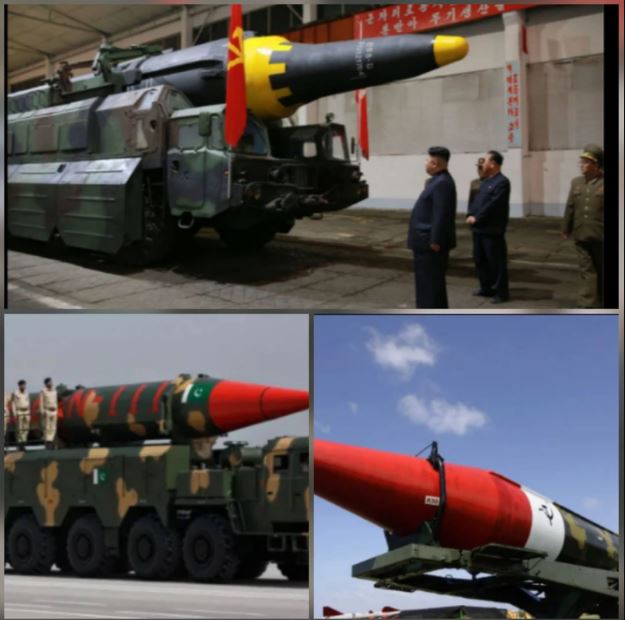Nuclear, biological, and chemical weapons have become a threat to world security in the last few years. This is because of their destructive nature and the harm they can cause to humanity. In a nuclear war, it is believed that no one wins the war since all of you are affected.
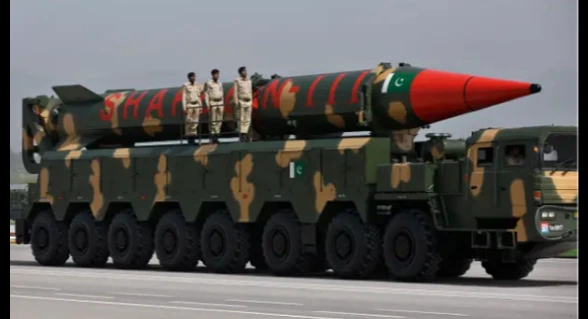 As the war between Russia and Ukraine intensifies, Russia keeps insisting that they will use nuclear weapons if they will be irritated by NATO by either joining the war or aide Ukraine to win the war.
As the war between Russia and Ukraine intensifies, Russia keeps insisting that they will use nuclear weapons if they will be irritated by NATO by either joining the war or aide Ukraine to win the war.
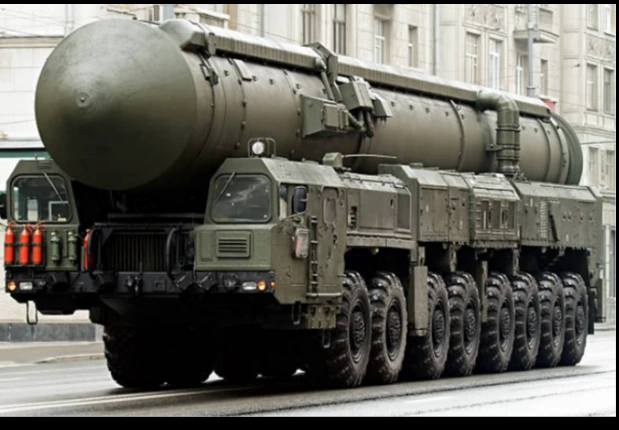 A nuclear weapon is an explosive device that obtains its destructive power from nuclear reactions, either through fission or by a combination of fission and fusion reactions. Both bomb types release large quantities of energy within a very short time and from relatively small amounts of matter.
A nuclear weapon is an explosive device that obtains its destructive power from nuclear reactions, either through fission or by a combination of fission and fusion reactions. Both bomb types release large quantities of energy within a very short time and from relatively small amounts of matter.
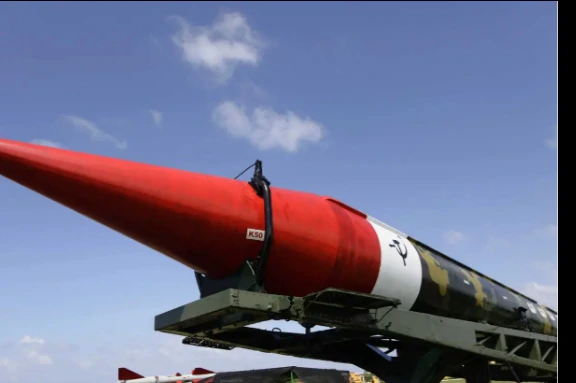 Nuclear weapons were used in 1945 to bomb Hiroshima and Nagasaki in Japan by the united states of America where over 140, 000 lost their lives and the effect is felt to date where survivors suffer from leukemia, cancer as a result of the side effects of the radiation.
Nuclear weapons were used in 1945 to bomb Hiroshima and Nagasaki in Japan by the united states of America where over 140, 000 lost their lives and the effect is felt to date where survivors suffer from leukemia, cancer as a result of the side effects of the radiation.
On the other hand, biological weapons also known as germ uses biological toxins or infectious agents like bacteria, virus, and fungi which could kill or harm human beings.
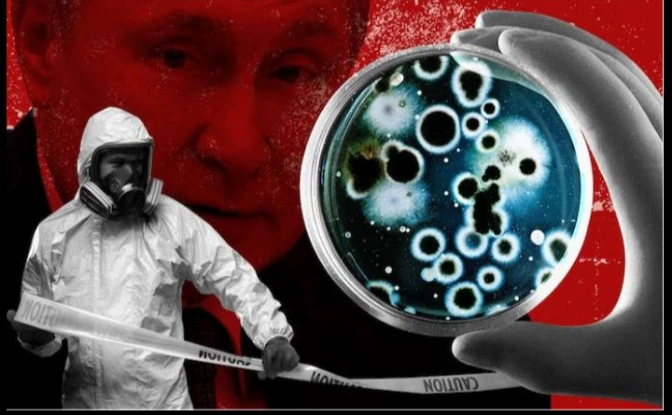 Biological weapons can incapacitate human beings or animals and can spread easily causing a lot of harm to human beings.
Biological weapons can incapacitate human beings or animals and can spread easily causing a lot of harm to human beings.
During World war 1, Germany was the first country to adopt biological weapons when they used anthrax, cholera, and wheat fungi.
Chemical Weapons are chemicals designed such that they can cause death or any bodily harm when inhaled, ingested, or in contact with.
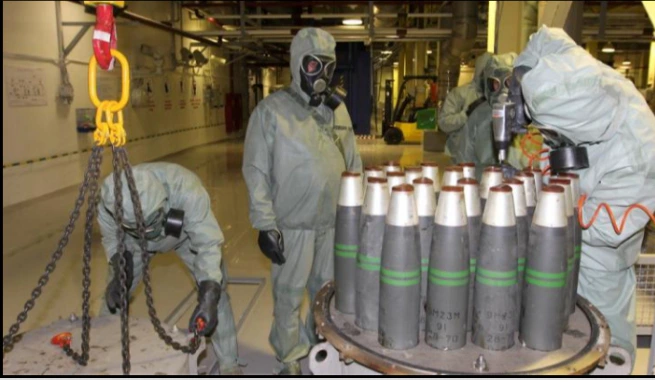 Russia is one of the countries in the world known to possess the world’s largest chemical weapons. There is fear that the country might use the chemical weapon in the outgoing war with Ukraine.
Russia is one of the countries in the world known to possess the world’s largest chemical weapons. There is fear that the country might use the chemical weapon in the outgoing war with Ukraine.

 Entertainment6 days ago
Entertainment6 days ago
 Health1 week ago
Health1 week ago
 Health5 days ago
Health5 days ago
 Football1 week ago
Football1 week ago
 Crime5 days ago
Crime5 days ago
 Education7 days ago
Education7 days ago
 Health7 days ago
Health7 days ago
 Comments and Issues6 days ago
Comments and Issues6 days ago
